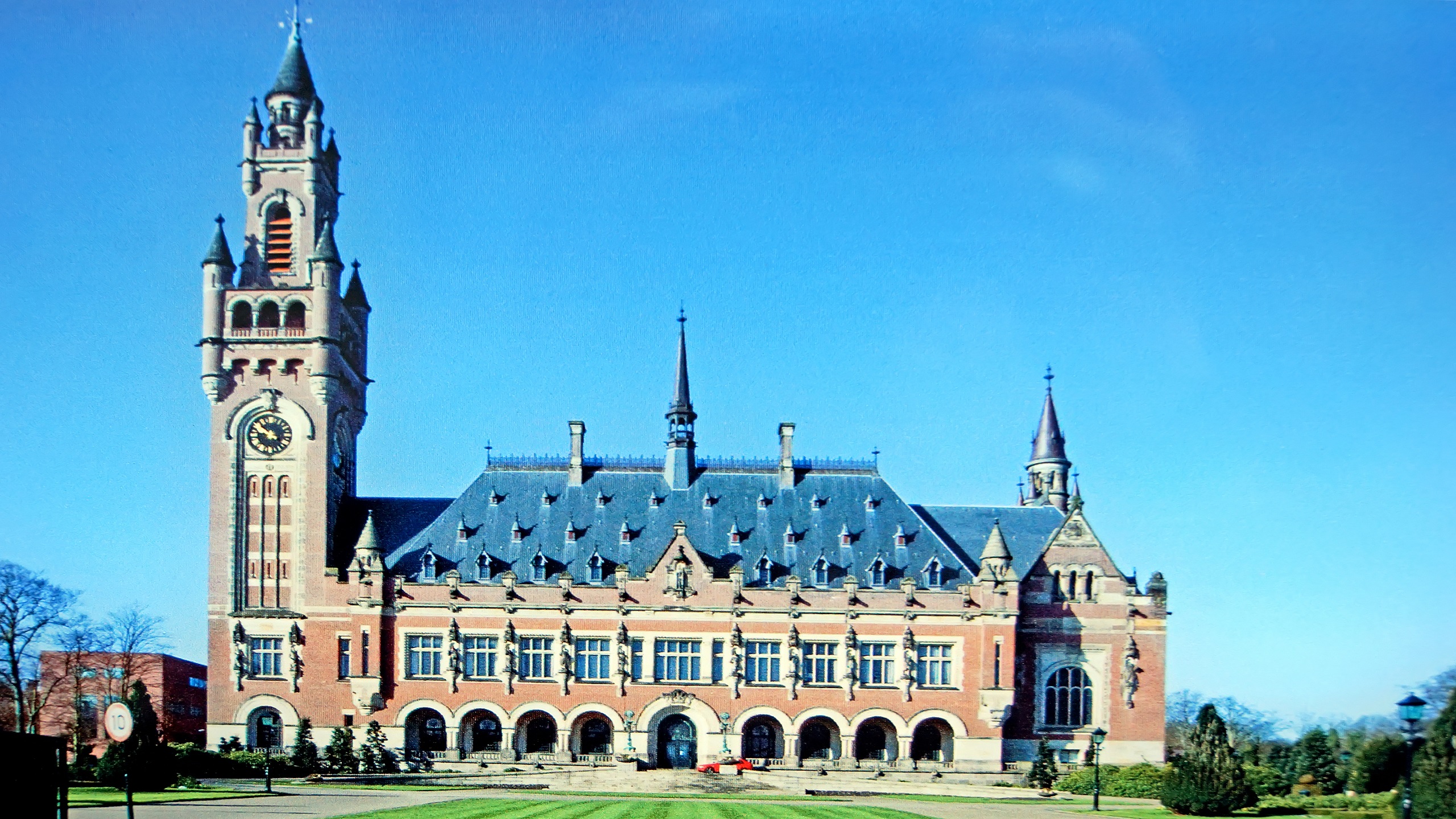UN Court Rejects Iran’s Bid To Access $2B in Frozen Assets
The International Court of Justice (ICJ), the UN’s top court, has rejected Iran’s legal bid to release about $2 billion in frozen central bank assets. The assets, held in a Citibank account in New York, were frozen by US authorities to compensate victims of a 1983 bombing in Lebanon and other attacks linked to Iran.
The court found that the US’s seizure of some other Iranian assets breached a 1955 treaty between the two countries and said they should negotiate compensation. However, it said it did not have jurisdiction based on the 1955 Treaty of Amity because its protections do not extend to central banks.
This holiday season, give to:
Truth and understanding
The Media Line's intrepid correspondents are in Israel, Gaza, Lebanon, Syria and Pakistan providing first-person reporting.
They all said they cover it.
We see it.
We report with just one agenda: the truth.


The court’s judgments are final and legally binding, but the court lacks enforcement powers.
Iran took its claim to the ICJ in 2016 after the US Supreme Court ruled that money belonging to Iran’s central bank could be used as compensation for the 241 American troops who died in the 1983 bombing. At hearings last year, Iran claimed the asset freeze was an attempt to destabilize the Islamic Republic and a violation of international law.

